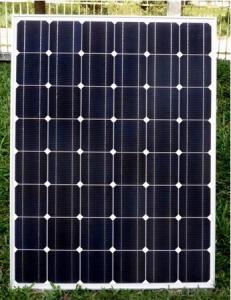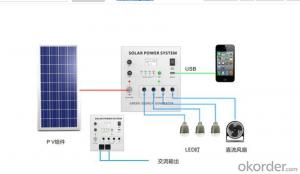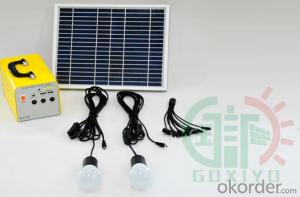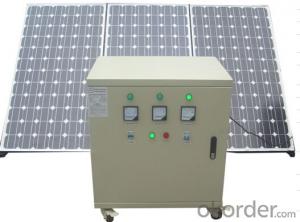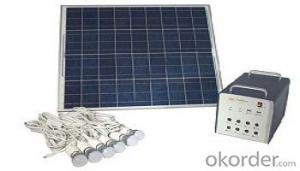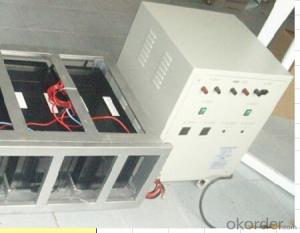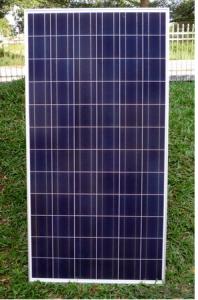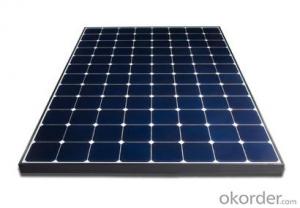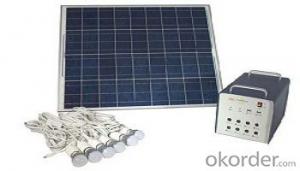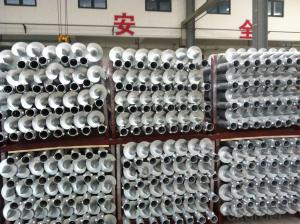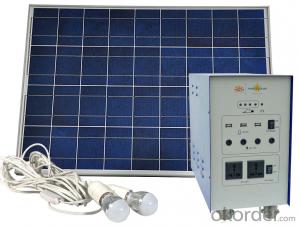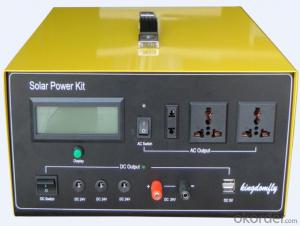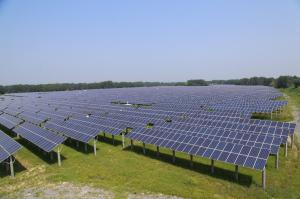All Categories
- - Steel Wire Rod
- - Steel Coils
- - Steel Profiles
- - Steel Pipes
- - Stainless Steel
- - Tinplate
- - Special Steel
- - Steel Sheets
- - Steel Rebars
- - Steel Strips
- - Hot Rolled Steel
- - Cold Rolled Steel
- - Pre-painted Steel
- - Seamless Steel Pipe
- - Welded Steel Pipe
- - Hollow Steel Tubes
- - Galvanized Pipe
- - Stainless Steel Coil
- - Stainless Steel Sheet
- - Stainless Steel Plate
- - Stainless Steel Strips
- - Electrolytic Tinplate Coil
- - Electrolytic Tinplate Sheet
- - Stainless Steel Rebars
- - Solar Panels
- - Solar Water Heater
- - Solar Related Products
- - Solar Inverter
- - Solar Cells
- - Solar Light
- - Solar Energy Systems
- - Solar Controllers
- - Solar Mounting System
- - Solar Pump
- - Solar Chargers
- - Fiberglass Chopped Strand
- - Fiberglass Mesh Cloth
- - Composite Pipes
- - FRP Pultrusion Profiles
- - Fiberglass Mat Tissue
- - Fiberglass Fabrics
- - Fiberglass Mesh
- - Composite Tank
- - Fiberglass Mesh tape
- - Polymer
- - FRP Roofing Panel
- - Fiberglass Roving
- - Monolithic Refractories
- - Ceramic Fiber Products
- - Refractory Bricks
- - Raw Materials For Refractory
- - Suspended Platform
- - Cranes
- - Concrete Machinery
- - Earthmoving Machinery
- - Building Hoist
- - Road Building Machinery
- - Plastic Pipe Fittings
- - Plastic Tubes
- - Plastic Sheets
- - Agricultural Plastic Products
- - Plastic Nets
 All Categories
All Categories
Q & A
How long does it take to recoup the investment in a solar energy system?
The time it takes to recoup the investment in a solar energy system can vary depending on factors such as the initial cost of the system, energy consumption, and available incentives. On average, it takes around 5 to 15 years to recoup the investment. However, with decreasing costs of solar panels and increasing energy prices, the payback period is becoming shorter, making solar energy systems a more attractive long-term investment.
What is the difference between on-grid and off-grid solar energy systems?
The main difference between on-grid and off-grid solar energy systems is their connectivity to the electrical grid. On-grid systems are connected to the utility grid and allow for the exchange of electricity between the solar panels and the grid. They can draw electricity from the grid when solar production is low or export excess electricity to the grid when production is high. Off-grid systems, on the other hand, are independent and not connected to the grid. They rely solely on solar panels and battery storage to meet their energy needs, making them suitable for remote areas or locations with limited or unreliable grid access.
How do solar panels convert sunlight into electricity?
Solar panels convert sunlight into electricity through a process called the photovoltaic effect. When sunlight hits the solar panels, the photons from the sunlight excite the electrons in the solar cells, causing them to flow and generate an electric current. This current is then collected and converted into usable electricity to power homes, buildings, or stored in batteries.
How do solar energy systems impact the energy consumption of industrial processes?
Solar energy systems can significantly reduce the energy consumption of industrial processes. By harnessing the power of the sun, these systems generate clean and renewable electricity, which can be used to power various industrial operations. This not only reduces the reliance on fossil fuels but also helps to lower the overall energy costs for industries. Moreover, solar energy systems can provide a stable and reliable source of electricity, contributing to a more sustainable and environmentally friendly approach to energy consumption in industrial processes.
Wholesale Solar Energy Systems from supplier in Haiti
We specialize in providing Solar Energy Systems solutions in Haiti. As a leading supplier in the region, we offer a comprehensive range of products and services tailored to meet your specific needs. Our company, a subsidiary of the prestigious CNBM, a Fortune Global 500 company, ensures that you receive top-notch quality and reliable support.
With our extensive experience and expertise in the Haitian market, we are well-equipped to assist you in every aspect of your solar energy projects. From sales and quotations to technical support, we offer a one-stop solution for all your solar energy system requirements.
Our product portfolio boasts a wide variety of solar energy systems, ensuring that you find the perfect fit for your project. Whether you need solar panels, inverters, or energy storage solutions, we have got you covered. We understand that every project is unique, and our team of experts is ready to offer valuable insights and recommendations to ensure the success of your endeavors.
Partnering with us means gaining access to the latest technological advancements in the solar energy industry. We stay updated with the latest trends and innovations, enabling us to provide you with cutting-edge solutions that maximize efficiency and sustainability.
At our core, we are committed to promoting clean and renewable energy sources in Haiti. By harnessing the power of the sun, we aim to contribute to a greener and more sustainable future for the country. Join us in our mission to revolutionize energy consumption and make a positive impact on the environment.
Choose us as your trusted Solar Energy Systems supplier in Haiti, and let us help you harness the power of the sun for a brighter and more sustainable future. Contact us today to discuss your project requirements and explore the possibilities of solar energy.
With our extensive experience and expertise in the Haitian market, we are well-equipped to assist you in every aspect of your solar energy projects. From sales and quotations to technical support, we offer a one-stop solution for all your solar energy system requirements.
Our product portfolio boasts a wide variety of solar energy systems, ensuring that you find the perfect fit for your project. Whether you need solar panels, inverters, or energy storage solutions, we have got you covered. We understand that every project is unique, and our team of experts is ready to offer valuable insights and recommendations to ensure the success of your endeavors.
Partnering with us means gaining access to the latest technological advancements in the solar energy industry. We stay updated with the latest trends and innovations, enabling us to provide you with cutting-edge solutions that maximize efficiency and sustainability.
At our core, we are committed to promoting clean and renewable energy sources in Haiti. By harnessing the power of the sun, we aim to contribute to a greener and more sustainable future for the country. Join us in our mission to revolutionize energy consumption and make a positive impact on the environment.
Choose us as your trusted Solar Energy Systems supplier in Haiti, and let us help you harness the power of the sun for a brighter and more sustainable future. Contact us today to discuss your project requirements and explore the possibilities of solar energy.
